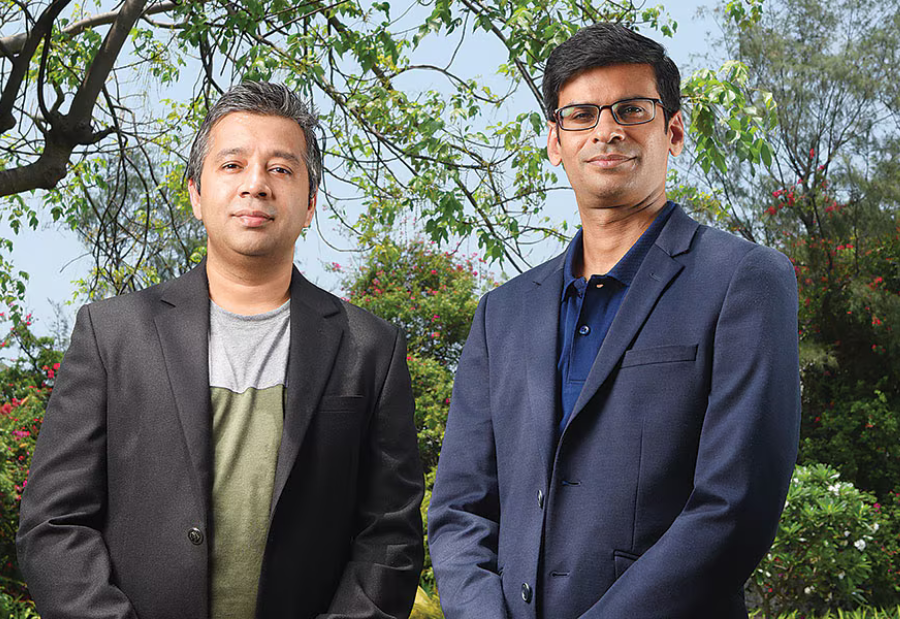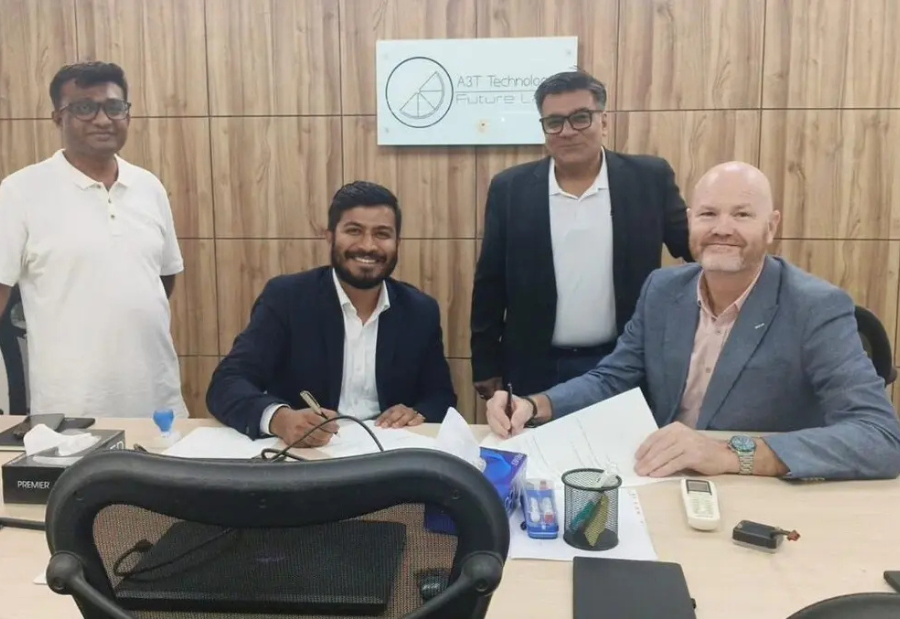While artificial intelligence has dominated headlines as a key factor in job cuts across India’s IT sector, a deeper structural shift is unfolding. The rapid rise of Global Capability Centres is quietly reshaping the industry and challenging the traditional outsourcing model that once powered companies such as TCS, Infosys, and Wipro. Experts believe that the GCC boom represents a “deeper problem” that Indian IT services firms have yet to address.
GCCs are in-house technology hubs set up by multinational companies in India, allowing them to directly insource technology operations instead of relying on third-party IT providers. The model offers better control, integration, and long-term cost efficiency. Once limited to back-office functions such as IT support and data entry, GCCs now handle advanced work including AI, cybersecurity, analytics, and research and development.
India is now home to over 1,700 GCCs employing nearly two million people. Their revenue has grown at 11 per cent CAGR since 2015, outpacing the 8 per cent CAGR of leading Indian IT firms. GCCs also contribute 23 per cent to the country’s IT exports. Companies including UBS, Bank of America, and Procter & Gamble began shifting towards this model in 2013. Even Citibank, which once sold its captive units to Indian IT firms, is now rebuilding its own technology centres in the country.
While AI is contributing to layoffs, especially in mid-level roles focused on testing, infrastructure, and people management, the GCC boom is amplifying the impact. GCCs are automating routine tasks internally, reducing reliance on outsourced services. As a result, Indian IT firms are losing both talent and contracts, with the traditional pyramid structure of mid-level coders flattening.
The warning signs were visible years ago. In 2015, then Infosys CEO Vishal Sikka invested in ANSR, a company that helped foreign firms set up GCCs. However, Infosys later exited the investment at a loss, and the broader industry failed to act. With remote work becoming the norm and digital transformation accelerating, GCCs are now thriving while traditional IT giants are struggling to adapt.
Industry experts suggest that Indian IT companies need to reposition themselves as GCC enablers, offer “GCC-as-a-service,” upskill employees for AI-integrated roles, and rethink business models to stay relevant in a market where clients increasingly want direct control.
Also read: Viksit Workforce for a Viksit Bharat
Do Follow: The Mainstream formerly known as CIO News LinkedIn Account | The Mainstream formerly known as CIO News Facebook | The Mainstream formerly known as CIO News Youtube | The Mainstream formerly known as CIO News Twitter |The Mainstream formerly known as CIO News Whatsapp Channel | The Mainstream formerly known as CIO News Instagram
About us:
The Mainstream formerly known as CIO News is a premier platform dedicated to delivering latest news, updates, and insights from the tech industry. With its strong foundation of intellectual property and thought leadership, the platform is well-positioned to stay ahead of the curve and lead conversations about how technology shapes our world. From its early days as CIO News to its rebranding as The Mainstream on November 28, 2024, it has been expanding its global reach, targeting key markets in the Middle East & Africa, ASEAN, the USA, and the UK. The Mainstream is a vision to put technology at the center of every conversation, inspiring professionals and organizations to embrace the future of tech.




